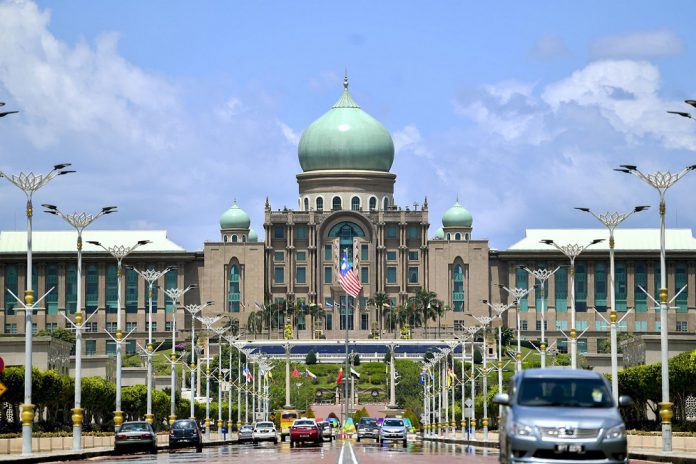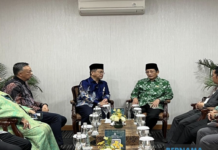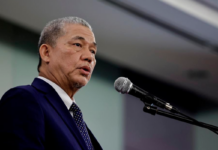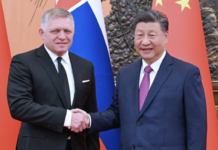KUALA LUMPUR, Nov 20 — Political leaders need to act quickly and wisely to get the cooperation of parties required for the formation of a new government, say analysts.
This is important to avoid a protracted crisis in the form of a hung Parliament, even though the people have given their mandate through the 15th General Election (GE15) held yesterday.
Constitutional expert and Law and Policy lecturer at Universiti Teknologi Malaysia (UTM), Assoc Prof Dr Muhammad Fathi Yusof said political leaders need to find a way to identify areas of cooperation to establish a government as soon as possible.
In fact, he said, the appointment of the Prime Minister should not be delayed, and any form of negotiation should be concluded as soon as possible.
“Even though each coalition has different views, they need to be open and prioritise the interests of the country and the people as the basis for the successful establishment of the government,” he told Bernama here today.
At 5 am today, the Election Commission (EC) announced that no political party had obtained more than 50 per cent of the 219 contested parliamentary seats, or a simple majority to form a government, resulting in a hung parliament for the first time since the GE was held in 1959 following the country’s independence.
Muhammad Fathi said that in order to create a legitimate administration led by the Prime Minister with the support of the majority, a multi-coalition government was among the options available.
According to him, although the main coalitions in the Peninsula such as Barisan Nasional (BN), Perikatan Nasional (PN) and Pakatan Harapan (PH) needed to mobilise the effort, the importance of cooperation from the coalition of parties in Sabah and Sarawak such as Gabungan Parti Sarawak (GPS) and Gabungan Rakyat Sabah (GRS) cannot be ignored.
Asked whether the participation of any party in a post-GE coalition could be considered as contradicting the Constitution (Amendment) Bill (No 3) regarding the prohibition of members of Parliament (MPs) from switching parties, he said that was not the case.
Negotiations and cooperation among coalitions are not included in the definition of party hopping, which otherwise occurs when an MP leaves the party or ceases to be a member for reasons set by party rules.
“Previously, negotiations to establish the government did not only involve communication between one party and another, but also persuasion and negotiations with individual MPs.
“However, after the constitutional amendment regarding party hopping came into effect, the opportunity for individual MPs to switch allegiances has been shut,” he said.
Meanwhile, election analyst Dr G Manimaran said the formation of a new government needed to be expedited so that the country’s administration could resume, including the tabling of Budget 2023.
Not denying that the situation this time was quite tricky, Manimaran said political parties could consider forming a coalition or a ‘plus’ coalition government.
GE15 yesterday witnessed BN having a poor showing when it only won 30 parliamentary seats compared to PH which won 82 seats, while PN won 73.
The Yang di-Pertuan Agong has decreed that all party leaders and leaders of political blocs that won the most seats in the 15th General Election (GE15) to inform Istana Negara about the new coalition they have agreed upon to form the new government, as well as the name of their Prime Minister candidate, before 2 pm tomorrow.
Comptroller of the Royal Household Datuk Seri Ahmad Fadil Shamsuddin said Al-Sultan Abdullah Ri’ayatuddin Al-Mustafa Billah Shah had been notified by the Election Commission (EC) that no political party had been able to obtain a simple majority to form the new government following the election.
















